8 Nutrient-Dense Foods List & Health Benefits
In a world inundated with dietary trends and fads, the concept of nutrient density stands out as a beacon of nutritional wisdom. Including more nutrient-dense foods is the…
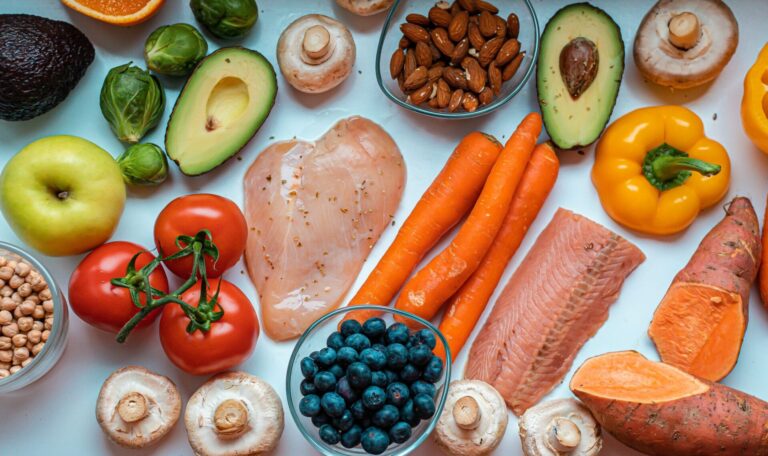
In a world inundated with dietary trends and fads, the concept of nutrient density stands out as a beacon of nutritional wisdom. Including more nutrient-dense foods is the…
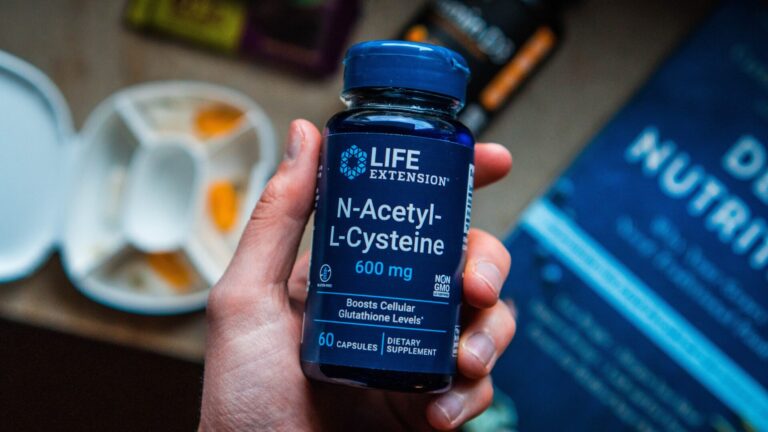
N-Acetyl Cysteine is a semi-essential amino acid with potent antioxidant properties. As a precursor to Glutathione [the master antioxidant], it has potent anti-inflammatory properties. NAC has been the…

Metabolic rate is an important factor for fat loss. Faster metabolism means burning more calories at rest. How can protein assist with this? Well, it seems that protein…
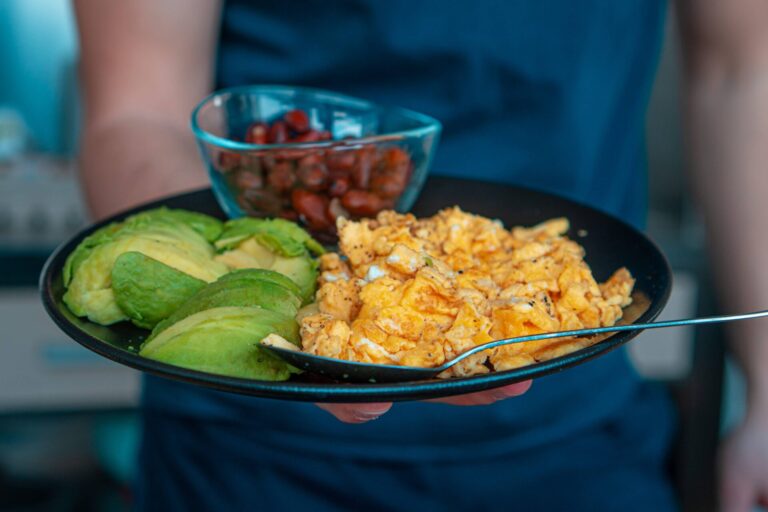
Imagine [Jane], a keto fan waking up on a Sunday morning, greeted by the aroma of sizzling bacon, golden egg omelet, and freshly baked coffee. It’s just another…
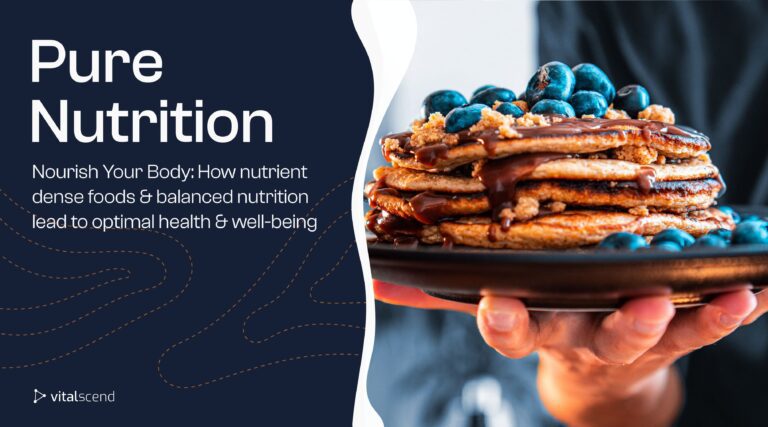
Why is Nutrition Important Healthy Nutrition is essential for sustaining the vital physiological functions of our body, as well as maintaining overall health and well-being. It’s the fuel…

Metabolic flexibility refers to the body’s capacity to switch between utilizing various sources of energy as fuel in an effective manner. This is frequently viewed as a sign…

10 Elements Diet The 10 elements diet is created around the idea that if we choose 10 healthy staple foods to make up most of our diet, we…
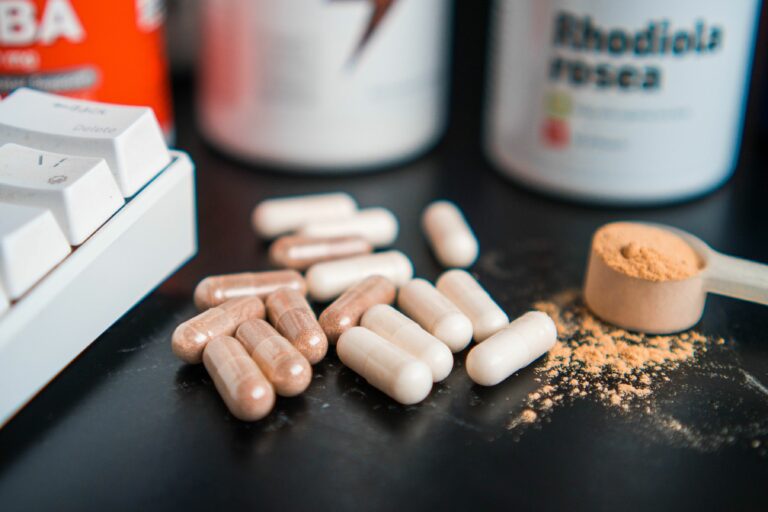
If you’re into nootropics, you’ve probably heard of acetylcholine. It’s an interesting compound that supports cognitive function and makes brain processing and execution faster and smoother. But what…

Nootropics or cognitive enhancers are specific foods, supplements, or bioactive compounds that support brain health and improve cognition. We’ll check out the top 14 natural cognitive enhancers list,…
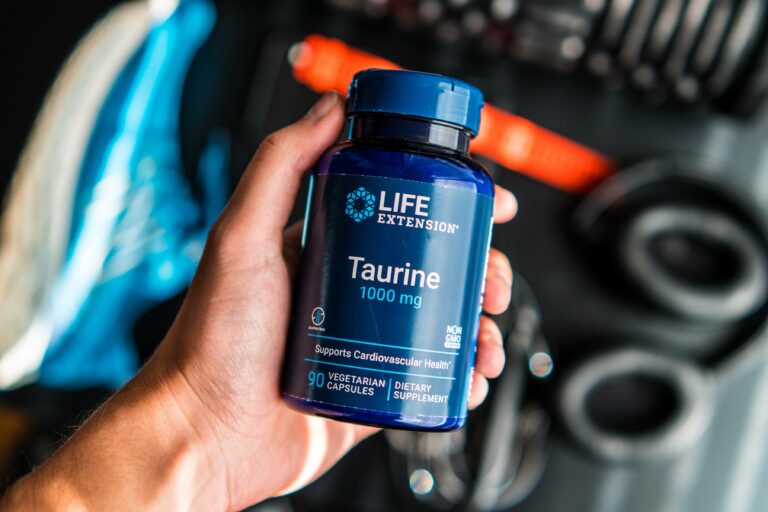
One of the most popular ingredients added to energy drinks is Taurine and today we’ll uncover why. Taurine is not an acute energy booster such as caffeine but…
| Cookie | Duration | Description |
|---|---|---|
| cookielawinfo-checbox-analytics | 11 months | This cookie is set by GDPR Cookie Consent plugin. The cookie is used to store the user consent for the cookies in the category "Analytics". |
| cookielawinfo-checbox-functional | 11 months | The cookie is set by GDPR cookie consent to record the user consent for the cookies in the category "Functional". |
| cookielawinfo-checbox-others | 11 months | This cookie is set by GDPR Cookie Consent plugin. The cookie is used to store the user consent for the cookies in the category "Other. |
| cookielawinfo-checkbox-necessary | 11 months | This cookie is set by GDPR Cookie Consent plugin. The cookies is used to store the user consent for the cookies in the category "Necessary". |
| cookielawinfo-checkbox-performance | 11 months | This cookie is set by GDPR Cookie Consent plugin. The cookie is used to store the user consent for the cookies in the category "Performance". |
| viewed_cookie_policy | 11 months | The cookie is set by the GDPR Cookie Consent plugin and is used to store whether or not user has consented to the use of cookies. It does not store any personal data. |